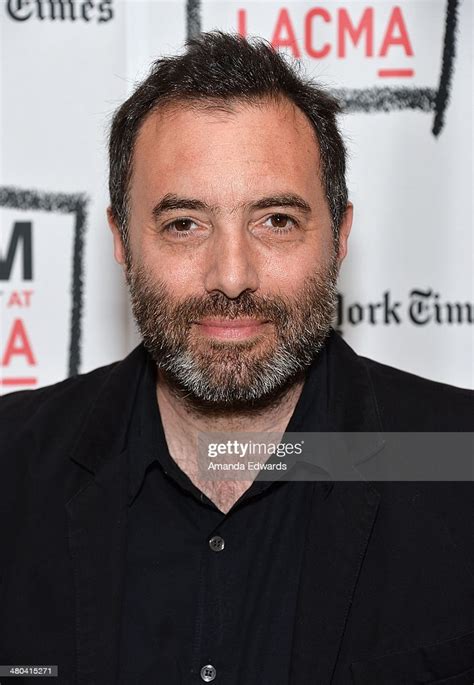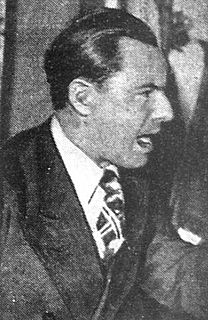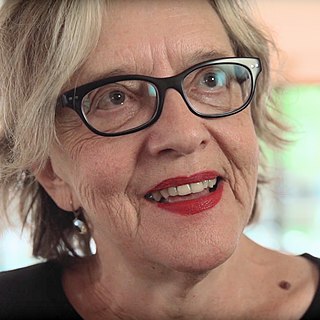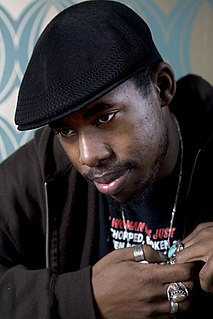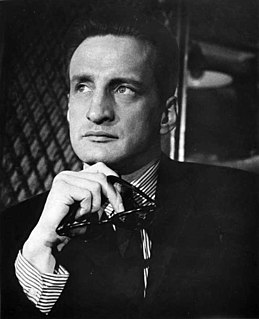A Quote by Richard Shepard
When you see what goes on in Iraq on a daily basis - more people dying in car bombings - you almost brush it aside after a while. To actually comprehend the human tragedy of these events is overwhelming. We see so many images, but there's always the sense, for Americans, that it's not in our backyard. That's another reason why the war in Bosnia was so fascinating; because it really was in Europe's backyard. It was in Europe. And they didn't do anything about it for years. It took the Americans to end that war, really. That's a shame.
Quote Topics
About
Actually
After
Almost
Always
Another
Anything
Aside
Backyard
Basis
Because
Bosnia
Brush
Car
Comprehend
Daily
Daily Basis
Dying
End
Europe
Events
Fascinating
Goes
Goes On
Human
Images
Iraq
Many
More
More People
Our
Overwhelming
People
People Dying
Really
Reason
Reason Why
See
Sense
Shame
Took
Tragedy
War
While
Why
Years
Related Quotes
We sit at our consoles and play "Gears of War", but we don't see images from war. We don't turn on the news and see the evidence of war, the result of war. Maybe twice a year, Memorial Day, Veterans Day, we'll go out, we'll hang our flags, we'll try to inculcate in our children some sense of national honor for the fallen. But really, we don't see it. We just don't see the pictures. There's no drive-by on the freeway of death up close. So we don't really see bravery.
It is not to save capitalism that we fight in Russia … It is for a revolution of our own. … If Europe were to become once more the Europe of bankers, of fat corrupt bourgeoisies we should prefer Communism to win and destroy everything. We would rather have it all blow up than see this rottenness resplendent. Europe fights in Russia because it [i.e., Fascist Europe] is Socialist. what interests us most in the war is the revolution to follow The war cannot end without the triumph of Socialist revolution.
War and culture, those are the two poles of Europe, her heaven and hell, her glory and shame, and they cannot be separated from one another. When one comes to an end, the other will end also and one cannot end without the other. The fact that no war has broken out in Europe for fifty years is connected in some mysterious way with the fact that for fifty years no new Picasso has appeared either.
In every major war we have fought in the 19th and 20th centuries. Americans have been asked to pay higher taxes - and nonessential programs have been cut - to support the military effort. Yet during this Iraq war, taxes have been lowered and domestic spending has climbed. In contrast to World War I, World War II, the Korean War and Vietnam, for most Americans this conflict has entailed no economic sacrifice. The only people really sacrificing for this war are the troops and their families.
It is convenient for Hillary Clinton and Tony Blair to say the rise of the Islamic State has nothing to do with the Iraq War because that takes the culpability off their shoulders. The Islamic State is a product of the Iraq War. It took about a 100 years to build the Iraqi state, and the Americans and the British destroyed it in an afternoon.
Europe has another meaning for me. Every time I mention that word, I see the Bosnian family in front of me, living far away from whatever they call home and eating their own wonderful food because that's all that is left for them. The fact remains that after fifty years, it was possible to have another war in Europe; that it was possible to change borders; that genocide is still possible even today.
Before I started Brainfeeder, there were rumblings in our own circle about creating a label for us all. Then I started to see all these other ones from Europe try to capitalise on the scene. It didn't make sense to me that there were all these people who were trying to build on something that was in our backyard.
In olden times when there was a war, it was a human-to-human confrontation. The victor in battle would directly see the blood and suffering of the defeated enemy. Nowadays, it is much more terrifying because a person in an office can push a button and kill millions of people and never see the human tragedy that he or she has created. The mechanization of war, the mechanization of human conflict, poses an increasing threat to peace.
All this stuff you heard about America not wanting to fight, wanting to stay out of the war, is a lot of horse dung. Americans, traditionally, love to fight. All real Americans love the sting of battle. Americans play to win all the time. I wouldn't give a hoot in hell for a man who lost and laughed. That's why Americans have never lost - and will never lose - a war, because the very thought of losing is hateful to Americans.
America is at war with itself because it's basically declared war not only on any sense of democratic idealism, but it's declared war on all the institutions that make democracy possible. And we see it with the war on public schools. We see it with the war on education. We see it with the war on the healthcare system.
